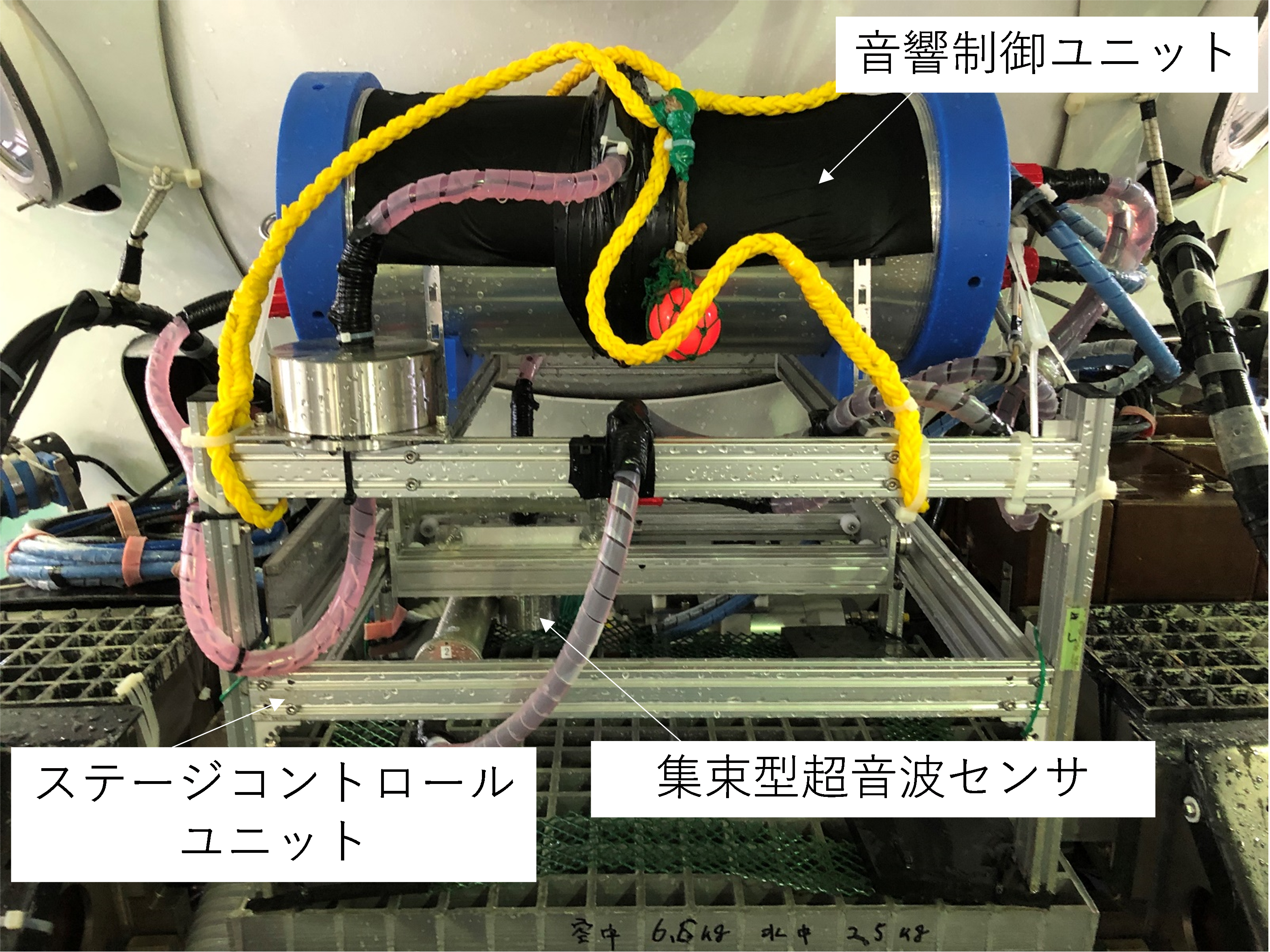2022-07-27 ノースカロライナ州立大学(NCState)
研究者達は、これまでの触媒と比較して、反応器を通過するたびに、より多くのブタンをブタジエンに変換する触媒を設計しています。この研究は、酸化的脱水素反応を用いて行われました。
1回の反応で、最大42.5%のブタンをブタジエンに変換することができました。
<関連情報>
- https://news.ncsu.edu/2022/07/efficient-butadiene-catalyst/
- https://www.science.org/doi/10.1126/sciadv.abo7343
アルカリ金属ハライド被覆ペロブスカイト酸化還元触媒によるn-ブタンの嫌気性酸化的脱水素反応 Alkali metal halide–coated perovskite redox catalysts for anaerobic oxidative dehydrogenation of n-butane
Yunfei Gao,Xijun Wang,Noel Corolla ,Tim Eldred ,Arnab Bose ,Wenpei Gao ,Fanxing Li
Science Advances Published:27 Jul 2022
DOI: 10.1126/sciadv.abo7343

Abstract
Oxidative dehydrogenation (ODH) of n-butane has the potential to efficiently produce butadiene without equilibrium limitation or coke formation. Despite extensive research efforts, single-pass butadiene yields are limited to <23% in conventional catalytic ODH with gaseous O2. This article reports molten LiBr as an effective promoter to modify a redox-active perovskite oxide, i.e., La0.8Sr0.2FeO3 (LSF), for chemical looping–oxidative dehydrogenation of n-butane (CL-ODHB). Under the working state, the redox catalyst is composed of a molten LiBr layer covering the solid LSF substrate. Characterizations and ab initio molecular dynamics (AIMD) simulations indicate that peroxide species formed on LSF react with molten LiBr to form active atomic Br, which act as reaction intermediates for C─H bond activation. Meanwhile, molten LiBr layer inhibits unselective CO2 formation, leading to 42.5% butadiene yield. The redox catalyst design strategy can be extended to CL-ODH of other light alkanes such as iso-butane conversion to iso-butylene, providing a generalized approach for olefin production.



